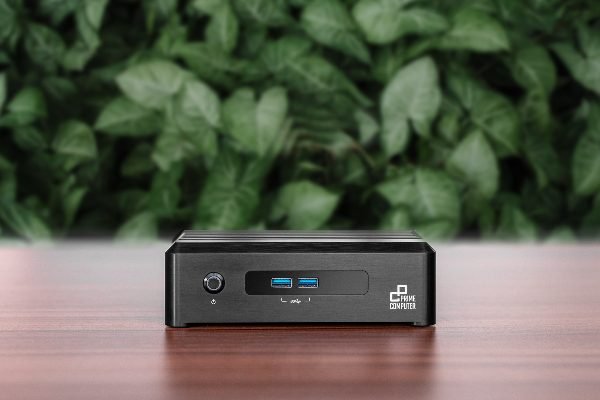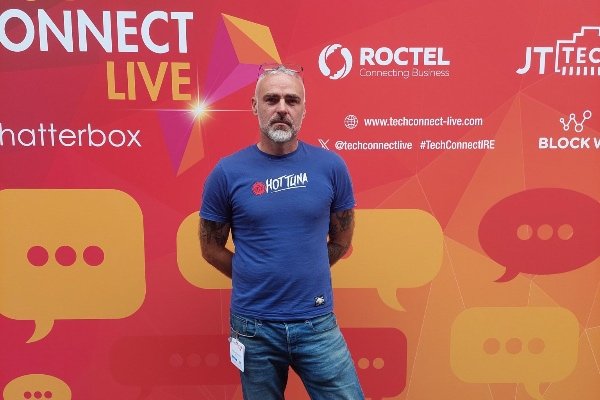This article first appeared in our Sustainable IT special issue of of My Green Pod Magazine, distributed with The Guardian on 05 November 2021. Click here to subscribe to our digital edition and get each issue delivered straight to your inbox
The information and communications technology (ICT) sector is responsible for higher CO2 emissions than global air travel. This was true even before the Covid-19 pandemic, which has exaggerated the difference.
ICT has experienced exponential growth due to demand for remote working and learning, while air travel has obviously declined due to travel restrictions.
In addition to increased personal adoption, technological aspects such as the Internet of Things (IoT), accelerated digitalisation and changing consumer behaviour are driving future growth.
More and more online content is consumed in video form, which consumes significantly more server power and storage space.
There is great potential in ICT to reduce these CO2 emissions – and we can leverage this potential to achieve the global climate goals.
Defining green IT
Prime Computer is a Swiss-based manufacturer of fanless mini PCs and servers; it develops green IT hardware to help reduce the greenhouse gas (GHG) footprint of ICT.
Green IT can be divided into two main approaches. The first is ‘green by IT’, or how ICT tech can make existing processes more environmentally friendly. For example, a video conference instead of a classic in-person meeting, to which participants would need to travel by car or even by plane.
The second approach is ‘green in IT’, which strives to make IT itself greener. Lower power consumption, longer lifecycles, optimised production and disposal and second use of IT hardware are all good examples.
How to produce green IT hardware
When it comes to the ‘green in IT’ approach, the key words for a climate-neutral strategy in production are reduce, avoid and compensate.
Products and processes are designed from the outset in such a way that GHG emissions are reduced as much as possible, or even avoided all together.
In practical terms, this means the creation of energy-efficient, robust, durable, repairable IT hardware made from reusable or recyclable components and materials.
For example, all PCs and servers from Prime Computer are passively cooled, so they don’t require energy-intensive mechanical components such as fans. This slashes energy demand and also increases reliability and a product’s useful lifespan.
 Play Video about This Rock Might Just Save The World
Play Video about This Rock Might Just Save The World Play Video about Play 2 hours of rock
Play Video about Play 2 hours of rock Play Video about Play 2 hours of brook
Play Video about Play 2 hours of brook Play Video about Play 2 hours of sheep
Play Video about Play 2 hours of sheep











































